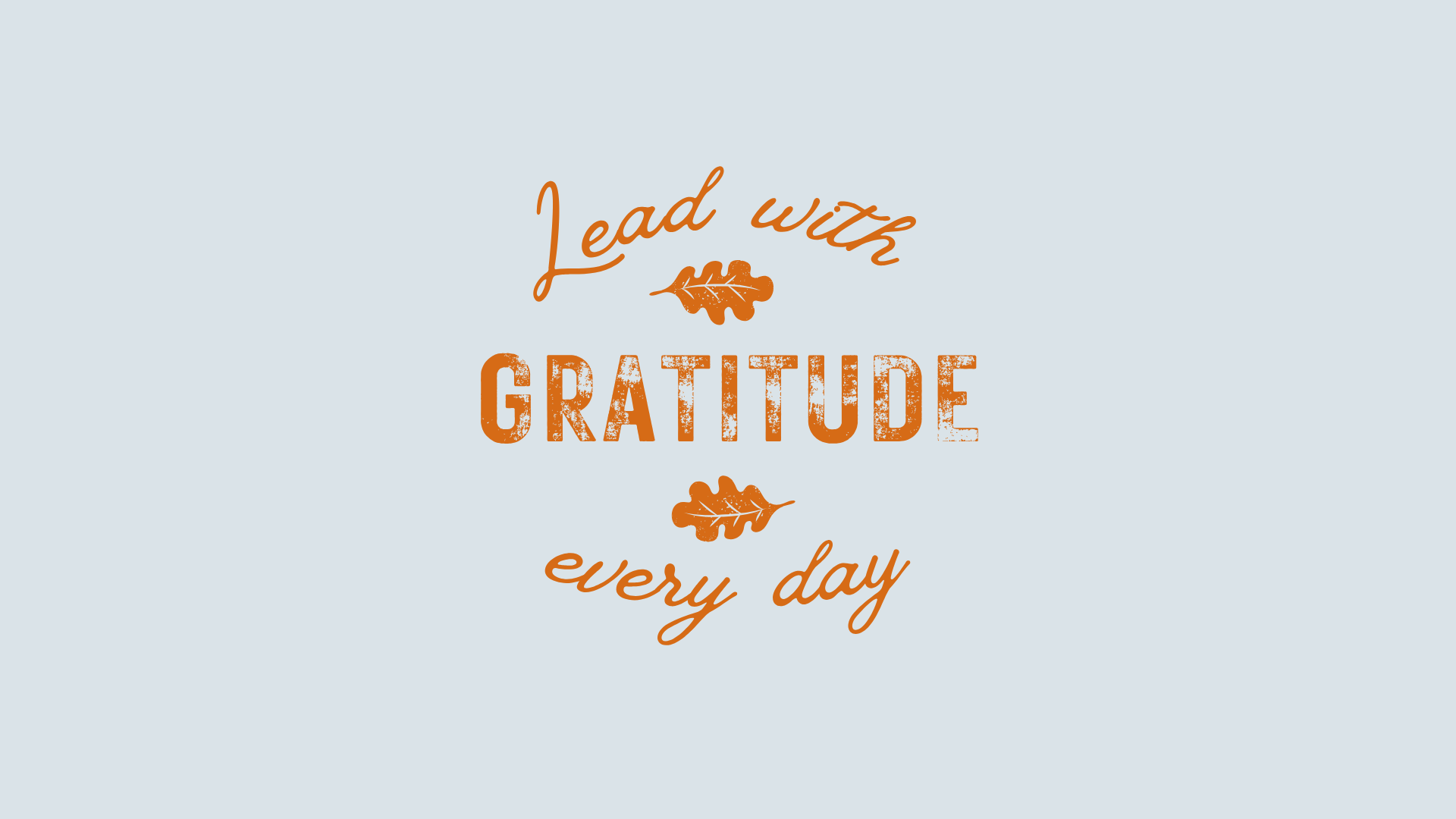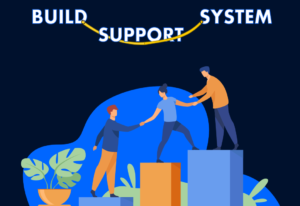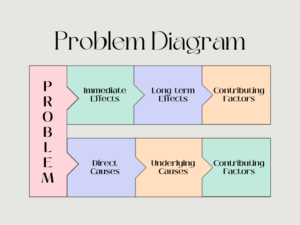“Gratitude unlocks the fullness of life. It turns what we have into enough, and more.”
– Melody Beattie
Hello readers,
In a world driven by productivity, promotions, and constant comparison, the simple act of being grateful might feel like a luxury, or even a distraction.
But if you’re chasing personal and professional success without practicing gratitude, you’re likely building a ladder on shaky ground.
Let’s explore why gratitude isn’t just a personal virtue; it’s a professional advantage.
🧠 Gratitude Changes the Way Your Brain Works
Modern neuroscience tells us that gratitude is more than a feel-good emotion. It actually alters brain chemistry, activating areas responsible for motivation, reward, and decision-making.
In high-pressure environments, this can lead to:
- Better stress management
- Higher emotional resilience
- Improved collaboration
- Increased self-worth and motivation
Put simply: Gratitude makes you mentally stronger, and success follows strength.
📌 A Coaching Story: From Burnout to Breakthrough
Let me introduce you to Shruti (name changed), a high-performing team lead in a fast-paced tech firm. Despite her accolades, Shruti constantly felt anxious, overwhelmed, and undervalued.
In one of our sessions, I invited her to try something simple:
👉 Every evening, list 3 things you’re grateful for, even if they seem small.
She started writing:
- “Had a 20-minute lunch without interruptions.”
- “My manager appreciated my presentation.”
- “Took 5 minutes to walk in the sun.”
6 weeks later, her energy shifted.
She was calmer in meetings. Her team became more open. She stopped nitpicking herself.
And then, something unexpected happened: She got promoted.
Gratitude didn’t just change how she felt; it changed how she showed up.
💡 Why Gratitude Fuels Professional Growth
Gratitude creates inner abundance. And people who feel abundant:
- Are more proactive and less reactive
- Attract stronger relationships
- Stay motivated during setbacks
- Celebrate wins instead of just chasing them
In the long run, that mindset becomes a magnet for opportunity.
✅ Try This: The Gratitude Habit Framework
If you want to build a sustainable practice, keep it simple. Here’s a 3-minute habit you can start today:
At the end of each workday, jot down:
- ✅ One thing that went well
- 🤝 One person you’re thankful for
- 🎯 One learning you’re grateful for (even a failure)
You can do it in a journal, a sticky note, or even a voice memo.
The key is consistency, not perfection.
Over time, you’ll train your mind to notice progress, not just problems.
🧭 Reflection Questions
Before you close this tab, take a pause and ask yourself:
- What success have I not celebrated yet?
- Who do I appreciate but haven’t told lately?
- What challenge made me stronger this week?
You might be surprised how much good already surrounds you.
🗳️ Poll: How often do you intentionally practice gratitude?
- Daily
- Weekly
- Occasionally
- Never, but I want to start
[Vote now & see how others respond]
🔗 Want More?
📥 I’m creating a simple 1-Page Gratitude Journal Template you can use to build this habit.
Would you like a free copy? Just drop a “YES” in the comments or reply to this newsletter, and I’ll send it your way.
Thanks for reading.
Gratitude may seem like a soft skill, but it’s actually a superpower in disguise.
Warm regards,
Vijay Jain
Career & Life Coach | Helping professionals lead fulfilled lives
🔗 Follow me on LinkedIn
📩 Share this newsletter with someone who could use a reminder of how far they’ve come.




